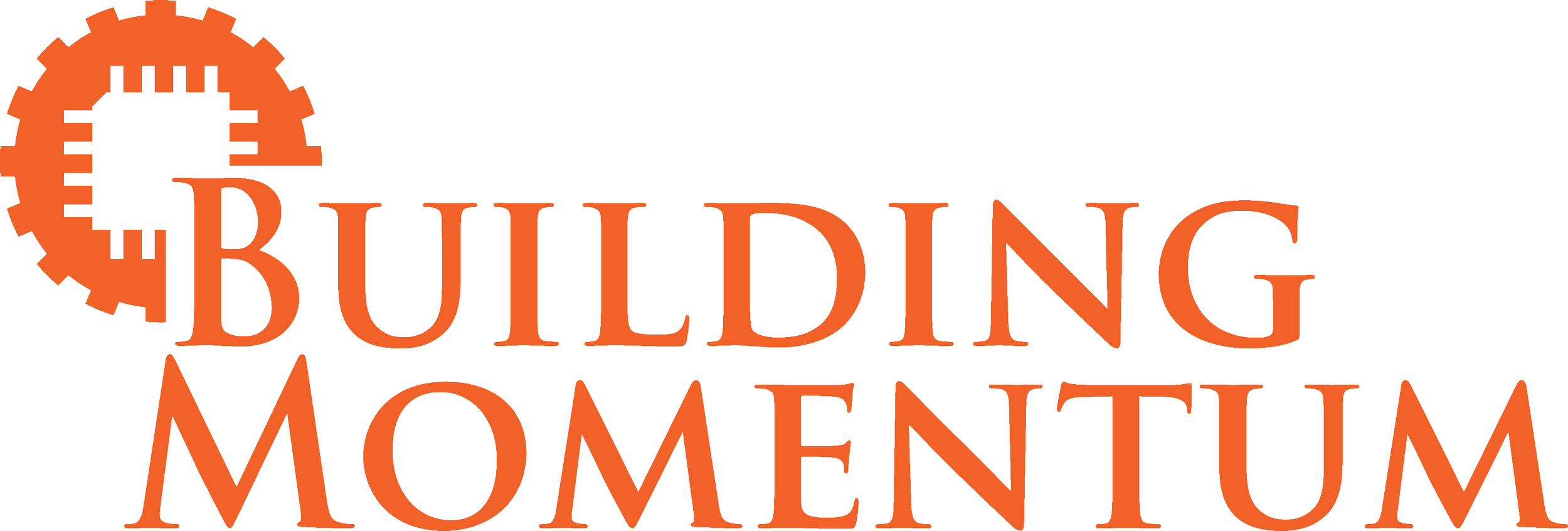Rethinking Leadership
By Brad Halsey - Co-Founder of Building Momentum
Leadership is frequently taught completely wrong in the military and corporate America. I have been an officer in the Navy, a partner in a prototyping firm, and now a CEO of a small business I co-founded and this journey through leadership has me questioning what I learned. As a new junior officer in the Navy I was taught processes and habits to become a better leader but most of those lead to, at best, incremental improvements. I was also taught that the paragon of leadership was the warrior-centric bigger-than-life embodiment of icons like George Patton, Douglas MacArthur, or William Halsey: balancing tactical and strategic brilliance with relentless patriotism. Real life versions of Hollywood storytelling where stoic endurance replaces all other human emotions.
At sea, leadership reverted to “alpha-male” ranking and sheer toughness. My reprimand oftentimes involved getting threatened or verbally/physically abused by superior officers - at one point, I was thrown against a wall and choked because I disagreed with a superior officer. Negative feedback was considered the only way to learn the ropes at sea. I was afforded very little time and patience in my own early stages of becoming a leader, forcing me to mirror the paradigms I had been taught. I tried to become George Patton - becoming the best at everything on the ship so I could, at the very least avoid reprimand from senior officers, and hopefully lead by example instead of intimidation.
Perversely, this dog-eat-dog approach to learning leadership somewhat works for the military. The abusive negativity separates those who succeed, despite this gauntlet, from those who flounder because they never receive the empathetic leadership mentorship that they need. An argument can be made that this leadership approach actually doesn’t work for the military, for example; failed campaigns in nearly every significant military engagement since WWII, skyrocketing suicide rates of active duty military and veterans, toxic and sometimes dangerous environment for women and LGBTQ+, and plummeting retention.
One of the reasons the military only incrementally improves leadership training this -- real leadership is hard. And takes a lot of time. Solving for minimum viable leader (MVL) has always been the algorithm, especially when the military has historically recruited disproportionately from underserved demographics that may not have the same emotional and intellectual nurturing to create a foundation for leadership learning. MVL via negative reinforcement is efficient and easily implemented.
But as I left the Navy and went to industry, I soon realized that this MVL approach was not relegated to the military. Business leadership is just as prescriptive and process driven. “Irrefutable laws of leadership,” “lean six sigma,” “winning friends and influencing people” don’t all of these sound like recipes to success that anyone can follow? “Become a leader by buying my book and reading my 100% guaranteed way to make you a leader!” The metrics of good leadership during my Silicon Valley career were reduced to quarterly earnings and revenue generation; more revenue=good leader. Authentic, leadership mentoring was non-existent.
When I started Building Momentum I knew leadership had to be a cornerstone of our ethos. We were growing rapidly and constantly pushing further and further into crazy endeavors around the globe. I realized that to solve hard problems for our clients I needed a staff that is diverse in every way possible, passionate about problem-solving, and to give everyone an equitable voice in the problem-solving process. I couldn’t be George Patton, my singular vision and approach would stifle and eventually kill the magic of Building Momentum. I needed to discover another way to lead the company.
I voraciously consumed content by Brene Brown, Simon Sinek, and Glennon Doyle. I tried and tested all sorts of leadership styles and approaches with my young and talented staff. I have only started to resolve the fuzzy building blocks for leading a company like Building Momentum but they include developing a safe and honest workplace that embraces vulnerability and, therefore, a culture of constructive feedback. The ability of young staff to listen to constructive feedback and make positive change is directly related to how supported they feel and the repetitions required to get better. Try, listen, adjust, try again.
As I continue my leadership journey I wonder if the military would be more effective adopting a vulnerable and empathetic culture of feedback and leadership. More Brené Brown and Glennon Doyle and less Douglas MacArthur. Embrace feelings and encourage the exploration of emotions as contributors to solutions rather as parasites that confound the battlefield. Learn to create a trusting and safe environment where all voices may be heard. There are few jobs more stressful and emotional than serving in our military — we, as leaders, should seek to authentically understand those committing themselves to our causes.
Read more information on Innovation Boot Camp, Innovation Elevated or our facilitated meetings, and Innovation Academy or our STEAM field trips.
